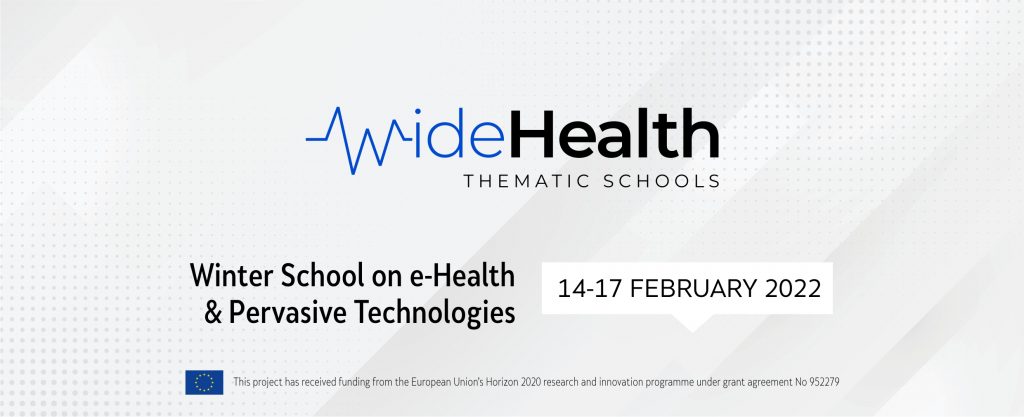WideHealth Winter School on e-Health & Pervasive Technologies
Welcome to the 1st WideHealth Thematic School on e-Health & Pervasive Technologies at the Faculty of Electrical Engineering and Information Technologies (FEEIT), Ss. Cyril and Methodius University in Skopje (UKIM), North Macedonia. The school will be held from February 14 to February 17, 2022, and is aimed at undergraduate and graduate students interested in the topics of Pervasive technologies, Machine Learning, e-Health.
All students with a technical background are invited to apply. The School is planned to be held as a hybrid: some of the participants will be attending the School using online tools (e.g., Zoom), and some in-person at FEEIT. The in-person organization depends on the health conditions and the participants will be informed in time. During the registration, you will be asked to state your availability for in-person attendance.
PhD students are encouraged to send an extended abstract (1-2 pages) of their PhD topic, which will be presented on a separate Doctoral Colloquium session at the last day of the School.
The Doctoral Colloquium has been postponed due to organizational issues.
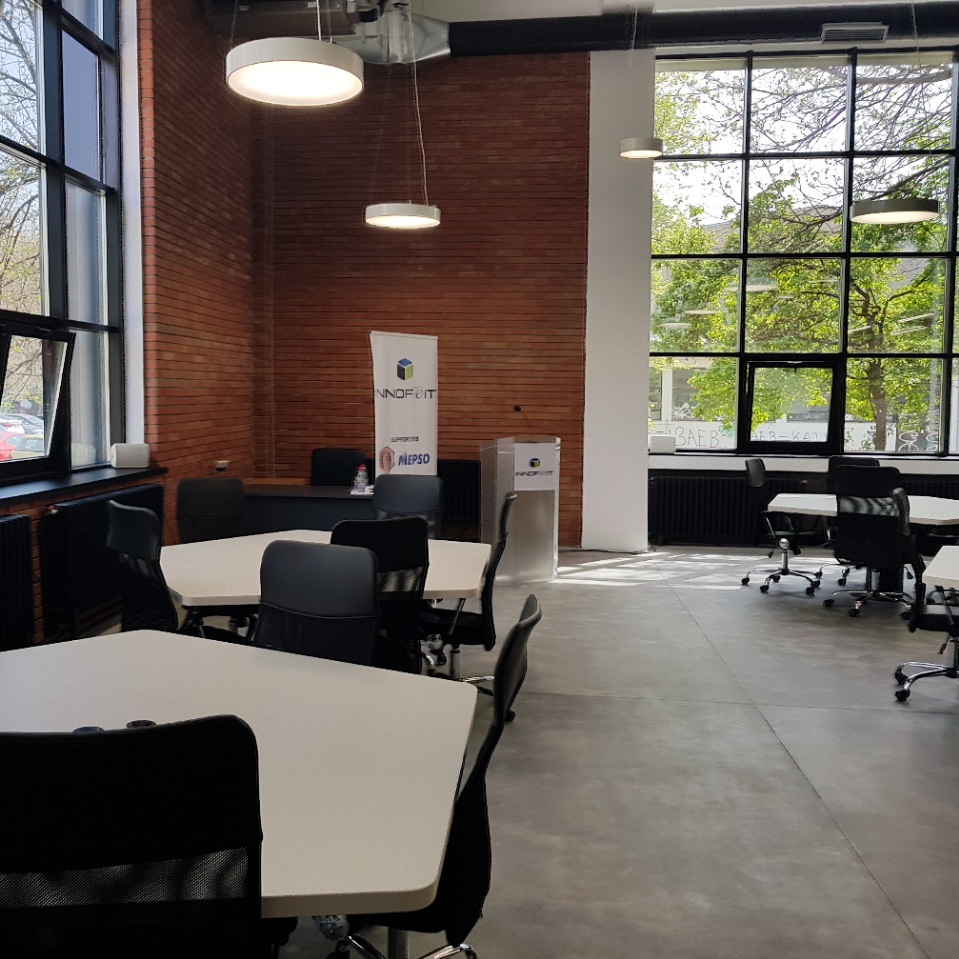
Machine Learning Challenge – Activity Recognition with Wearables
The Machine Learning Challenge is online here: https://www.kaggle.com/t/6777ef060052406981a960825a96f969
As part of the School, there will be a Machine Learning Challenge for Human Activity Recognition with wearables. Only registered students at the School, will be able to take part in the Challenge. For the best 3 teams, there will be awards.
In order to take part in the Challenge, you will need a Kaggle account.
The Challenge will be introduced and start on Monday, 14.02.2022 and will last during the whole School, till Thursday, 17.02.2022, 12:00.
It will be a standard Machine Learning Challenge, where we release train and test data. You will be required to evaluate the test data and submit the file through Kaggle.
Additionally, we would like to encourage you to team up for the Challenge. As a team you will have better chances to win a prize. The teams can be up to 7 people.
Agenda
| Monday | 14.02.2022 | ||
|---|---|---|
| 09:00 | Registration | |
| 09:15 | Hristijan Gjoreski | Introduction and Competition Announcement |
| 09:30 | Marco Ranieri | Widening Programme under Horizon Europe |
| 10:00 | Oscar Mayora | Overview of Pervasive Health |
| 11:00 | Martin Gjoreski | Machine learning for Cognitive Load and Distracted Driving Detection |
| 12:00 | Hugo Silva | Invisibles: A New Frontier in Pervasive Healthcare |
| 12:45 | Zivko Kokolanski | FabLab@FEEIT: Concept and Envisioned Activities |
| 13:00 | LUNCH | |
| 14:00 | Bojana Velichkovska | Setting up Programming Environemnt |
| 15:00 | Ana Cholakoska | Python and Useful Tools and Libraries |
| 16:00 | Stefan Kalabakov | IMU Sensors Data, Filtering techniques |
| 17:00 | Stefan, Vito, Bojana, Ana | Competition / Consultation-Kaggle |
| Tuesday | 15.02.2022 | ||
| 09:00 | Oscar Mayora, Sara Testa | Management of Healthcare Data within Clinical Studies |
| 10:00 | Daniel Roggen | Computational Behavior Analytics in Wearable and Mobile Computing |
| 11:00 | Hristijan Gjoreski | Machine Learning & Human Activity Recognition |
| 12:00 | Juan Carlos Augusto | An Integrated Approach to Ambient Assisted Living Services |
| 12:45 | Vladimir Ananasovski | Digital Innovation Hub INNOFEIT |
| 13:00 | LUNCH | |
| 14:00 | Stefan Kalabakov | Feature Extraction |
| 15:00 | Stefan Kalabakov | Classification |
| 16:00 | Stefan Kalabakov | Error Analysis, Feature Selection |
| 17:00 | Stefan, Vito, Bojana, Ana | Competition / Consultation |
| Wednesday | 16.02.2022 | ||
|---|---|---|
| 09:00 | Tiago Guerreiro | Challenges and Opportunities of Data-Informed Healthcare in Practice |
| 10:00 | Venet Osmani | Predicting Clinical Outcomes in Critical Care using Machine Learning |
| 11:00 | Mitja Lustrek | Personal Health Systems |
| 12:00 | Sara Testa | Introduction to Open Science and Open Data |
| 12:45 | Aleksandar Stamboliev | Business Accelerator UKIM |
| 13:00 | LUNCH | |
| 14:00 | Vito Janko | HAR library |
| 15:00 | Vito Janko | HAR library |
| 16:00 | Stefan, Vito, Bojana, Ana | Competition / Consultation |
| 17:00 | Stefan, Vito, Bojana, Ana | Competition / Consultation |
| Thursday | 17.02.2022 | ||
|---|---|---|
| 09:00 | Stefan, Vito, Bojana, Ana | Competition / Consultation |
| 10:00 | Stefan, Vito, Bojana, Ana | Competition / Consultation |
| 11:00 | Stefan, Vito, Bojana, Ana | Competition / Consultation |
| 12:00 | Competition is CLOSED. Student Presentations | |
| 13:00 | Awards |
Topics
The School will be focused on the following topics:
- Pervasive Technologies and e-Health
- Data driven Healthcare
- Machine Learning for Healthcare
- Wearable Computing
- Ubiquitous computing
- Human Activity Recognition with wearables
Presenters
Lecture Title: Overview of Pervasive Health
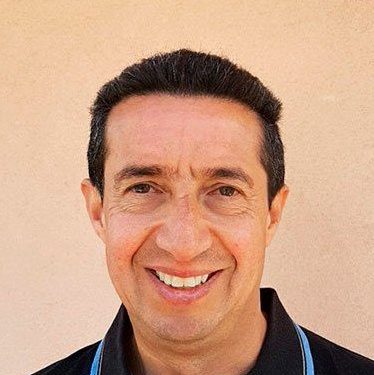
Dr. Oscar Mayora is senior researcher at FBK and the head of the Digital Health Lab Unit at FBK Center for Health and Wellbeing and scientific coordinator for the Joint Research Unit between the Trentino Local Health Trust, the Province of Trento and FBK as part of Trentino Salute 4.0 Initiative. He is also an adjunct professor in the Faculty of Cognitive Sciences at University of Trento (Italy) and FH-Burgenland (Austria). He has published over 100 papers in International Conferences and Journals, participated as Guest Editor of special issues of Journals such as IEEE Intelligent Systems, EURASIP Signal Processing, Springer MONET and IMIA Journal on Methods of Information in Medicine in the topic of Pervasive Healthcare. Dr. Mayora has coordinated research projects at National and International level. He has been involved in projects in the topic of pervasive healthcare and assistive technologies sponsored by different funding instruments such as EC FP6, FP7, H2020 and ICT Labs among others with different roles.
Lecture Title: Personal Health Systems
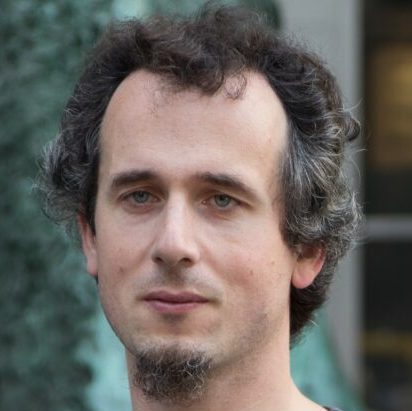
Dr. Mitja Lustrek is the Head of the Ambient Intelligence Group at the Department of Intelligent Systems at Jožef Stefan Institute, Ljubljana, Slovenia. He has received his PhD degree from the Faculty of Computer and Information Science of the University of Ljubljana. At that time, his work focused on heuristic search algorithms. Later, he worked on text mining, bioinformatics and other topics. Most of his career, though, his main research interest has been the interpretation of sensor and other health-related data using machine learning. He has been the principal investigator in numerous international research projects developing personal health systems and similar. He teaches ambient intelligence at Jožef Stefan International Postgraduate School. He has also served as the chair of the Slovenian Artificial Intelligence Society for two terms, and is a member of several programme committees of international conferences.
Lecture Title: Challenges and Opportunities of Data-Informed Healthcare in Practice
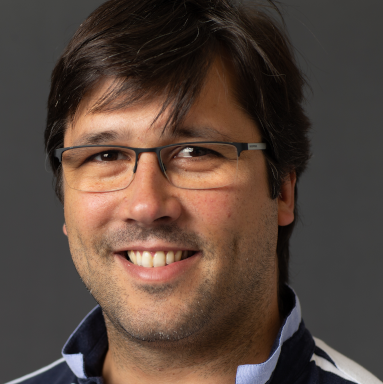
Dr. Tiago Guerreiro is an Assistant Professor at the University of Lisbon and a researcher at LASIGE. His research is focused on improving health, accessibility, and privacy, through and to technology, following a user-centred design approach. In these areas, he has published 75+ peer-reviewed papers. He received awards for 10+ papers, including at ASSETS, CHI, SOUPS, HRI and MHCI, and an ACM Best of Computing award in 2016. He is Editor-in-Chief for ACM Transactions on Accessible Computing. He is ASSETS 2020 General Chair. He was the Web for All General and Program Chair, in 2016 and 2015, respectively, was Chair of the “Accessibility & Aging” Subcommittee for CHI 2019, has been an associate chair for CHI in the last six editions, among many other service roles. He participated in 10+ EU and 1 IMI project. He was an expert evaluator for H2020 EU and ERA ICPermed calls and was an invited expert supporting the European Commission in implementing the Web Accessibility Directive. He is the President of his institution’s Ethics Review Board, the coordinator of LASIGE’s research line on Accessibility and Aging, and member of the coordination board of the Data Science Master. He leads the Tech&People Lab.
Lecture Title: Computational Behavior Analytics in Wearable and Mobile Computing
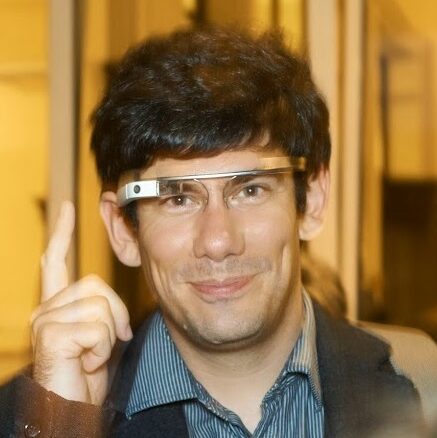
Dr. Daniel Roggen is a Professor of Sensor Technologies with the University of Sussex, where he leads the Wearable Technologies Laboratory and directs the wider Sensor Technology Research Centre. His research focuses on computational behavior analytics, such as the use of machine learning techniques, miniature intelligent sensor systems to recognize, qualify, quantify, and eventually understand human behaviors and the wider context in which they occur. He has organised several computational behaviour science machine learning challenges. The most recent are the 2018-2021 Sussex-Huawei Locomotion Recognition Challenge, and prior to that the 2011 OPPORTUNITY activity recognition challenge. Many of the datasets originating from his research group have become reference in the activity recognition community, such as the OPPORTUNITY dataset of activities of daily living, the Daphnet Freezing of Gait health dataset, the Skoda manufacturing checkpoint dataset, and others.
Lecture Title: An Integrated Approach to Ambient Assisted Living Services
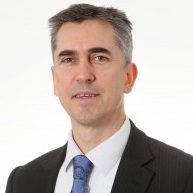
Dr. Juan Carlos Augusto is Professor of Computer Science at Middlesex University, London, UK. He is also the Head of the Research Group on Development of Intelligent Environments and its Smart Spaces Lab which won the first prize of the BCS 2019 edition British Computer Society (BCS) Machine Intelligence Competition. His research interests are mostly focused on making sensing systems more intelligent and reliable and his favourite application domains are Ambient Assisted Living and Smart Cities. He has contributed to the research community with more than 270 publications, including several landmark co-edited books such as the recent Handbook on Smart Cities (Springer, 2021). He is co-Editor in Chief of the Journal on Ambient Intelligence and Smart Environments (IOS Press); the Journal on Reliable Intelligent Environments (Springer), and the Journal on Smart Cities and Society (IOS Press). He has participated in various EU and UK funded Research and Innovation projects. He also has been a funding assessor for several countries in Europe, and for the European Commission assessing FP and Horizon submissions to funding calls as well as a monitoring expert for funded projects.
Lecture Title: Invisibles: A New Frontier in Pervasive Healthcare
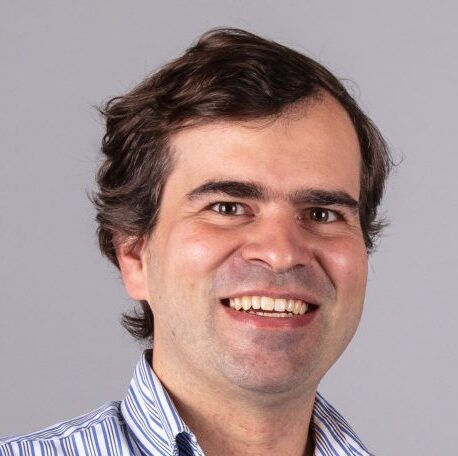
Dr. Hugo Plácido da Silva believes he’s one of the few lucky people that can say he worked very few days in his life… not because of lack of a job (fortunately), but because when you do things you love and you’re passionate about almost every single day, there’s no boundary between what’s work and what’s just pure fun. He completed his PhD in Electrical and Computers Engineering at the University of Lisbon. Since 2004, Hugo is a researcher at the IT – Instituto de Telecomunicações and a Professor at IST – Instituto Superior Técnico since 2019. Hugo is also an award-winning inventor and entrepreneur, having co-founded multiple innovative technology-based companies, operating in the fields of biomedical devices and data science for healthcare and quality of life. More recently, he has been actively working (i.e. having fun) towards making the world a bit more physiological through BITalino, an open source software and low-cost hardware toolkit, which allows anyone from students to professional app developers, to create cool projects and applications with physiological sensors. His main interest areas include biomedical instrumentation and data acquisition, system engineering, signal processing, and machine learning.
Lecture Title: Predicting Clinical Outcomes in Critical Care using Machine Learning
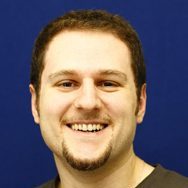
Dr. Venet Osmani is a senior researcher at Fondazione Bruno Kessler Research Institute. Previously, he was a lecturer at the department of Psychology and Cognitive Science at University of Trento, Italy and a visiting researcher at Georgia Institute of Technology, USA. His earlier research focused primarily on monitoring and analysing human behaviour. Specifically, using personal and environmental sensing applied to healthcare, including predicting depressive and manic episodes of bipolar patients and detecting occupational stress from smartphone sensors. Currently, the focus of his research is on analysis of clinical data (EHR) using machine learning methods to model disease and patient trajectories both for chronic conditions as well as in critical care. In this work he collaborates with some of the leading healthcare institutions in the US, including Cleveland Clinic, Mayo Clinic, MIT, as well as several leading European research institutions. He is an Expert Evaluator for European Commission (Horizon 2020 Programme), UK Medical Research Council (MRC), Swiss National Science Foundation (SNSF) and several other scientific funding institutions.
Lecture Title: Introduction to Open Science and Open Data
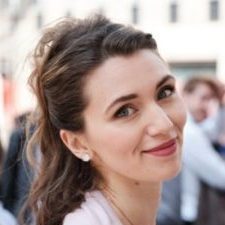
Sara Testa holds a Master Degree in International Comparative Relations from the Ca’ Foscari University of Venice. She has experience in project management related to EC projects (H2020, Interreg, SME Instrument, etc.) in terms of their implementation and experience in project submission also as coordinator. In the InterregCE Project DigitalLIFE4CE, she has been WP leader and the Project Manager and Communication Manager for FBK. She has started working in the field of energy efficiency, but for two years she is working on projects related to Personalised Medicine and eHealth.
Lecture Title: Machine learning for Cognitive Load and Distracted Driving Detection
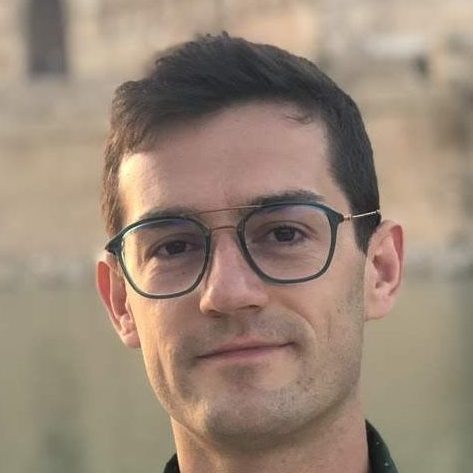
Dr. Martin Gjoreski is a postdoc researcher at the Faculty of Informatics, Università della Svizzera italiana (USI), in the research group of prof. Marc Langheinrich and prof. Silvia Santini. His research field is AI with focus on development of standard machine learning and deep learning methods for sensor data. Dr. Gjoreski is particularly interested in applications in fields such as mobile and wearable computing, behavioural analytics, affective computing, and mobile healthcare. From 2014 to 2020, he was part of at the Department of Intelligent Systems at the Jožef Stefan Institute, where he finished his MSc and PhD studies under the supervision of prof. Matjaz Gams and prof. Mitja Lustrek. In the years of 2019 and 2020, he was also a teaching assistant at the Faculty of Computer and Information Science, University of Ljubljana.
Lecture Title: Machine Learning & Human Activity Recognition
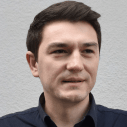
Dr. Hristijan Gjoreski is an Assistant Professor at UKIM. He finished PhD at Jožef Stefan Institute at 2015 in Ljubljana, Slovenia. In 2017 was visiting researcher at the University of Sussex, United Kingdom. His R&D experience is in the domains of Computer Science, Artificial Intelligence and Sensor data-analysis. He participated in numerous international and industry projects. He has more than 70 conference publications, and 13 international journal articles, of which 10 with impact factor. He has more than 1047 citations and h-index of 19 based on Google Scholar. He is a co-inventor of one international and two Slovenian patents. He received 2 best paper awards and has received the award “Best Young Scientist” for 2016 from the President of the Republic of Macedonia. He has won 3 Activity Recognition challenges: EvAAL 2013, – Valencia, Spain; International EMTEQ AR Challenge – London, United Kingdom; International competition ChallengeUP Multimodal Fall Detection – Budapest, Hungary.
Lecture Title: Software Library for Human Activity Recognition
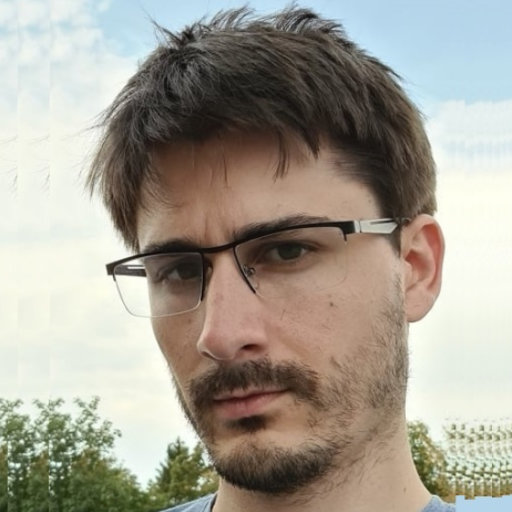
Dr. Vito Janko received his Ph.D. at the Jožef Stefan Institute in 2020, specializing in interpreting sensor data from various wearable devices — and doing so in an energy-efficient manner. During his work for the institute he collaborated in many national and EU funded projects. He also participated in various data-science competitions: being the first author for the winning submission at the SHL competition, as well as winning the Cooking recognition challenge. He was recently a part of the team that achieved second place in the XPRIZE: Pandemic Response Challenge. In addition, he is active in the Slovenian Artificial Intelligence Society, where he acts as a member of the executive board.
Lecture Title: Python Programming Language for Data Analysis
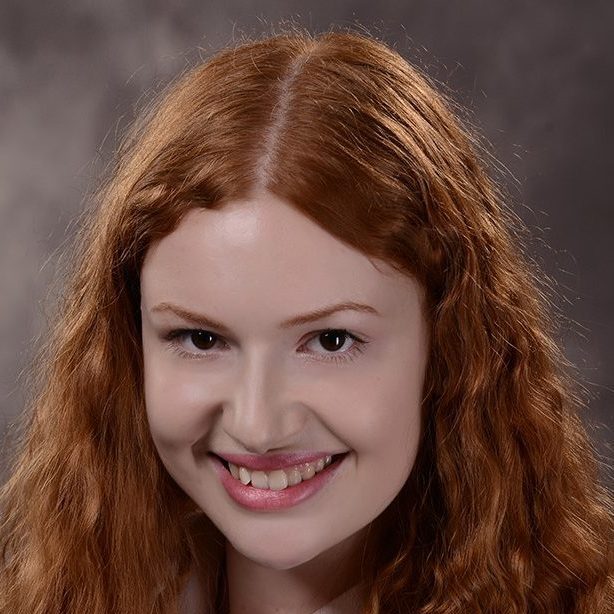
Ana Cholakoska, Faculty of Electrical Engineering and Information Technologies (FEEIT), Ss. Cyril and Methodius University in Skopje
Lecture Title: Data Science Programming Environments
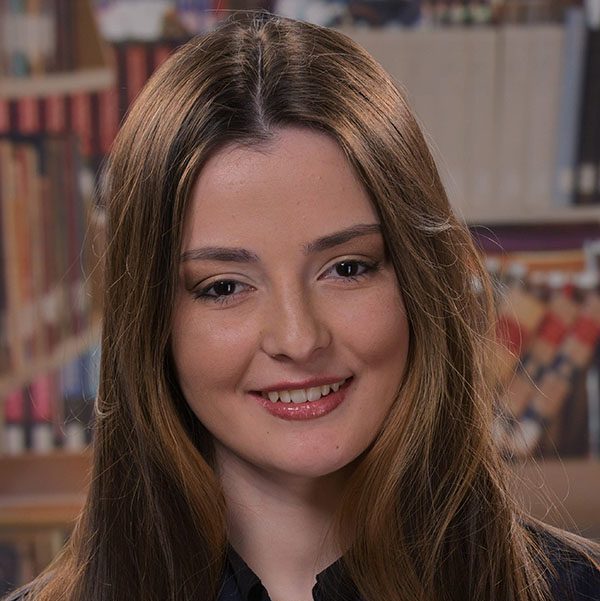
Bojana Velichkovska is a Teaching and Research Assistant at the Faculty of Electrical Engineering and Information Technologies (FEEIT), UKIM. She graduated from FEEIT in 2018 after defending her thesis titled “Object Recognition in a 3D Point Cloud based on Machine Learning”. She obtained her master’s degree in Computer Networks – Internet of Things in 2020, after defending her thesis titled “Pneumothorax Identification in Chest X-rays”. Bojana is currently pursuing a PhD in Electrical Engineering and Information Technologies. Her research currently focuses on the application of machine learning algorithms in investigations of ethno-racial bias in ICU data.
Lecture Title: Developing Human Activity Recognition ML Pipeline using Python

Stefan Kalabakov received his B.Sc. degree in Computer Technologies and Engineering from FEEIT, Skopje, in 2019 and is currently pursuing an M.Sc. degree at the Jožef Stefan International Postgraduate School in Ljubljana. His research interests include the application of machine learning and deep learning methods in the mobile healthcare domain, ambient intelligence and activity recognition from wearable sensors. From September 2019 until October of 2021, he worked as a student researcher at the Department of Intelligent Systems at the Jozef Stefan Institute where he worked on projects connected to quality control using computer vision and activity recognition from wearable sensors. At the moment, he is part of the FEEIT team working on the WideHealth project and is researching several applications of activity recognition in the healthcare domain.
Registration
Registration is now closed. The participation at the School is free of charge. The in-person attendance is limited (approximately 30 students), thus we encourage you to register as soon as possible, in order to reserve your spot.
To register for the School, please use the Registration link.
More info at widehealth.project@gmail.com.
Organizers
Hristijan Gjoreski, Daniel Denkovski, Valentin Rakovic, Marija Kalendar, Ana Cholakoska, Bojana Velichkovska, Stefan Kalabakov
Faculty of Electrical Engineering and Information Technologies (FEEIT), Ss. Cyril and Methodius University in Skopje
Mitja Lustrek, Vito Janko
Department of Intelligent Systems, Jožef Stefan Institute
